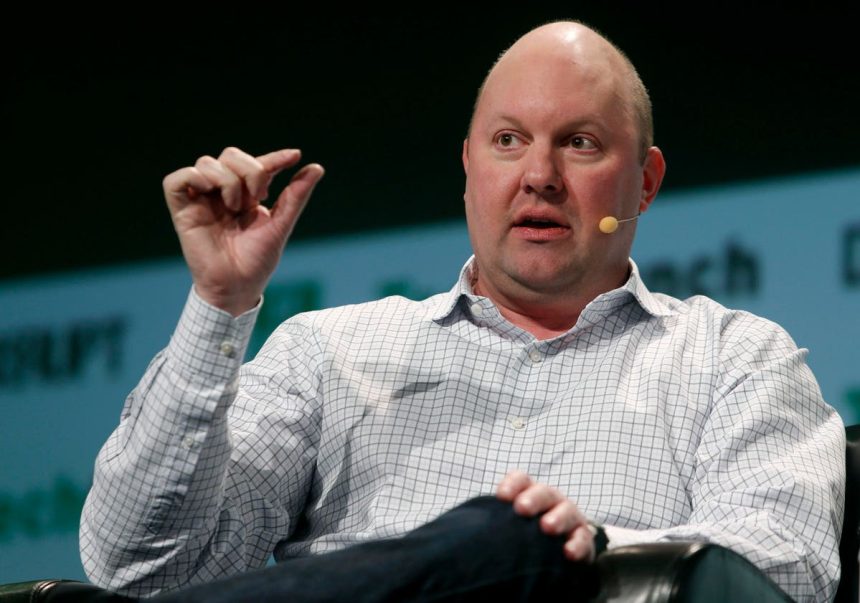About 20 VCs are said to earn about 95% of VC profits. Pick the right one and your odds of success are better. Pick the wrong one and your venture may be doomed. Who is the ideal match for you?
There are many types and sources of equity – and nearly all are difficult to tap. The most commonly used source, other than your own savings, is money from friends and family. Michael Dell started with money from his family. So did Jeff Bezos. Two happy families.
After that you move to investors who do not know you or of you. These sources include angels and crowds. Angels can be rich angels, aka accredited, and/ or not-rich angels. The best way to get angels is to get a bell cow who is well known, has a good reputation, and has made money. Can you find a lead investor who knows you, knows your industry, is willing to invest, and can lead you to other investors who will invest. The latest wrinkle in finding angels is called crowdfunding, which means that you get your money in small increments from many different investors who find you through some medium, such as a web site or through intermediaries. Often these investors like your product (or proposal) and are willing to take a small risk on you. Oculus Rift started this way and was sold to Facebook for about $2 billion, making it one of the most profitable crowdfunded ventures ever.
After angels and crowds, you can approach large, organized venture capitalists (VCs), of which there are 3 main kinds (and some may do all three):
#1. Tech VCs. Tech VCs specialize in emerging technologies and invest at the research and development stage to bring promising technologies to market in the form of workable and government-approved products, when such approval is needed. Many tech VCs are investors in ventures related to medical devices, biotech, and pharmaceuticals. These ventures translate proven scientific discoveries into federally approved drugs and devices, which often require substantial time, capital, and entail high risks. Once the product obtains approval and is ready for sale, the venture is often sold to a strategic buyer capable of leveraging its existing corporate infrastructure for rapid commercialization. Examples of medical ventures include Johnson & Johnson buying Abiomed for $16.6 billion.
#2. Trend VCs. Trend VCs are the most prevalent type of venture capitalists. They invest in ventures that capitalize on emerging trends. Unlike Tech VCs, Trend VCs do not typically invest in research-stage ventures. Instead, they usually seek ventures that have reached key milestones, such as:
· Strategy Aha where the potential of the business strategy on an emerging trend is evident. Examples of entrepreneurs getting VC after strategy Aha include Earl Bakken (Medtronic), Pierre Omidyar (eBay), and Steve Jobs (Apple). Among the 85 billion-dollar entrepreneurs analyzed, 5% received VC funding after the Strategy Aha stage and were eventually replaced by a professional CEO. In Apple’s case, this replacement was a huge mistake.
· Leadership Aha: Ventures where the potential of both the business and the entrepreneur’s skills are evident. This approach has been successfully employed by renowned entrepreneurs like Bill Gates, Jeff Bezos, and Brian Chesky. Approximately 18% of the 85 billion-dollar entrepreneurs studied received VC funding after Leadership Aha, and 76% avoided VC.
#3. Mission VCs. Mission VCs are a diverse lot who willingly, and sometimes unknowingly, accept reduced target returns in exchange for investing in ventures that fit their criteria. Mission VCs include:
· Corporate VCs: Corporate VCs can be highly beneficial to entrepreneurs when utilized effectively. Richard Burke used corporate alliances to build UnitedHealthcare, one of the world’s largest companies. Similarly, Mike Bloomberg leveraged his alliance with Merrill Lynch to establish Bloomberg and amass one of the world’s largest fortunes. When done right, this form of funding can be exceptionally attractive.
· VCs targeting specific entrepreneurial groups, such as minorities or women.
· VCs investing in ventures that create ventures and employment opportunities in target areas.
It is interesting to note that 94% of billion-dollar entrepreneurs used sophisticated financing strategies to take off without VC, allowing them to maintain control over their ventures and retain more of the wealth they created.
MY TAKE: When considering the best VC source for your venture, it is important to evaluate several criteria, including the amount of funding available, the timeframe for obtaining it, and the associated costs in terms of both money and control. My recommendation is to consider the sophisticated finance strategies used by 94% of America’s billion-dollar entrepreneurs to avoid or delay VC. They sought financing to retain control over their venture and the wealth it generated. This may require more skills, but entrepreneurs who kept control retained 2x – 7x the proportion of wealth created than those who took the easy way out. And by retaining control, they also reduced their risk.
Read the full article here


